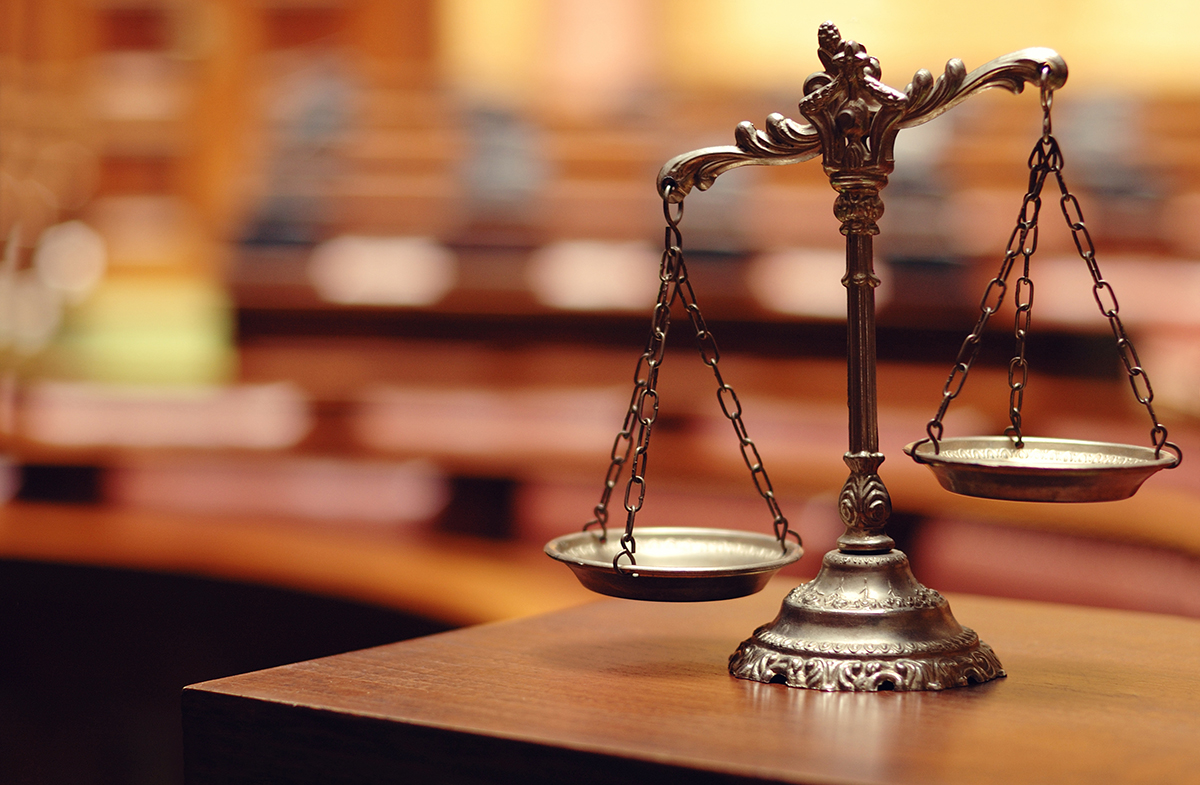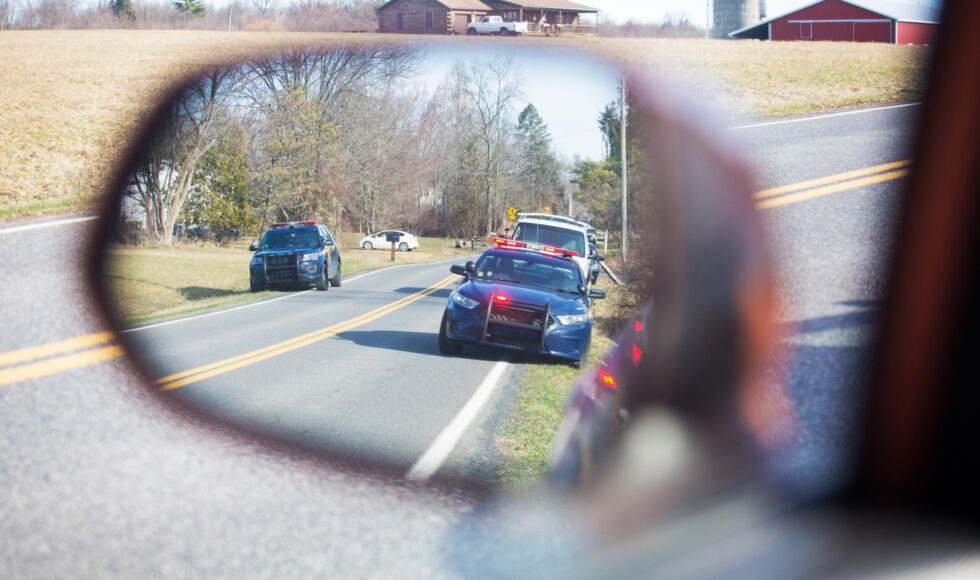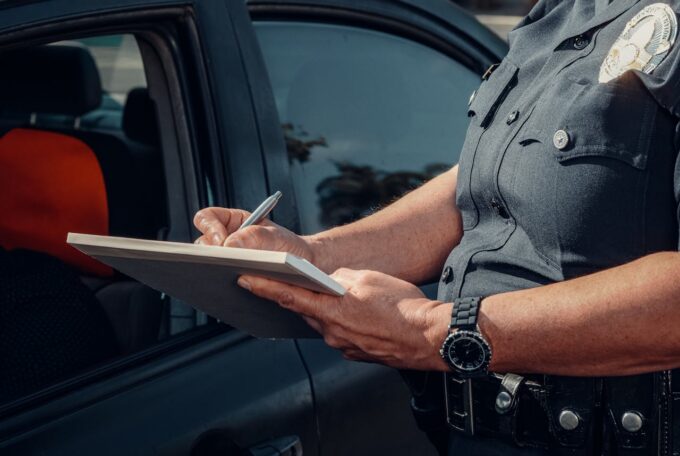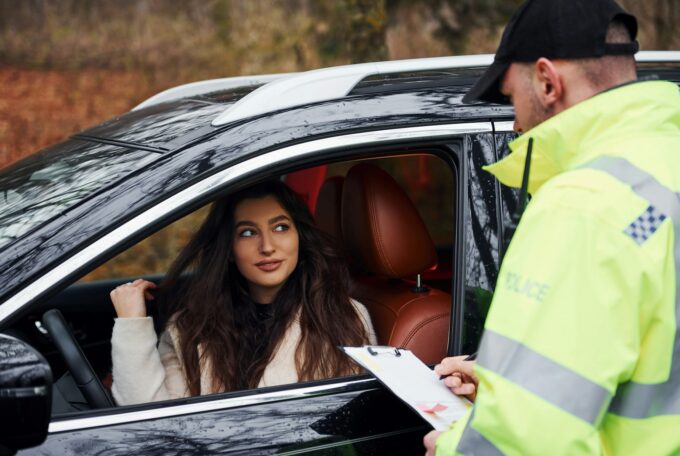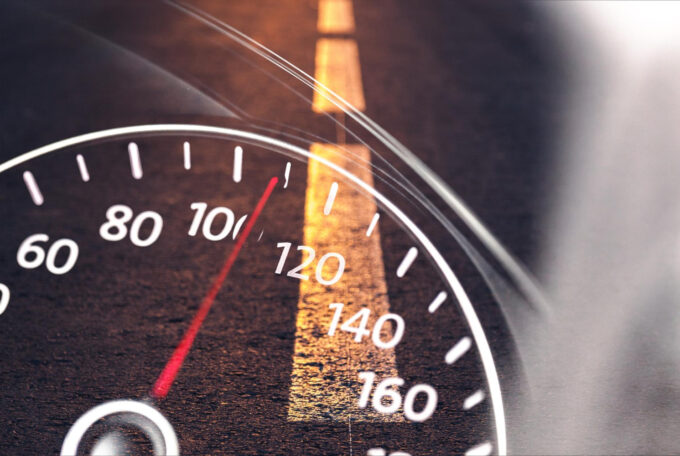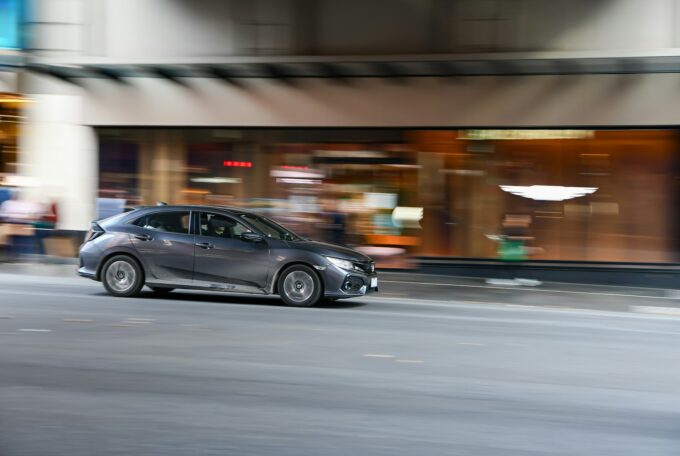In the United States, 89% of the population admits to driving higher than the posted speed limit. While a speeding ticket may seem like a minor offense that everybody gets from time to time, the long-term consequences of just paying speeding ticket fines can be severe.
Read on to learn everything you need to know about the Louisiana speeding laws, penalties, and how it affects your driving record.
Louisiana Speed Limits
Just how fast can you legally drive in Louisiana? The state has established limits depending on the type of road:
- 55 mph on undivided two-lane roads
- 60 mph on freeways and urban interests, unless otherwise posted
- 65 mph on divided highways with multiple lanes with no access or partial control
- 70 mph on interstates or as otherwise posted
- 75 mph on a 154-mile stretch of Interstate 49
According to the Louisiana Vehicle Code, § 32:64(A), it is a violation of the law to drive faster than is “reasonable and prudent” for the conditions of the road, any potential hazards, and traffic conditions. Under no circumstances shall driving be done at a speed that exceeds the maximum speeds established by law.
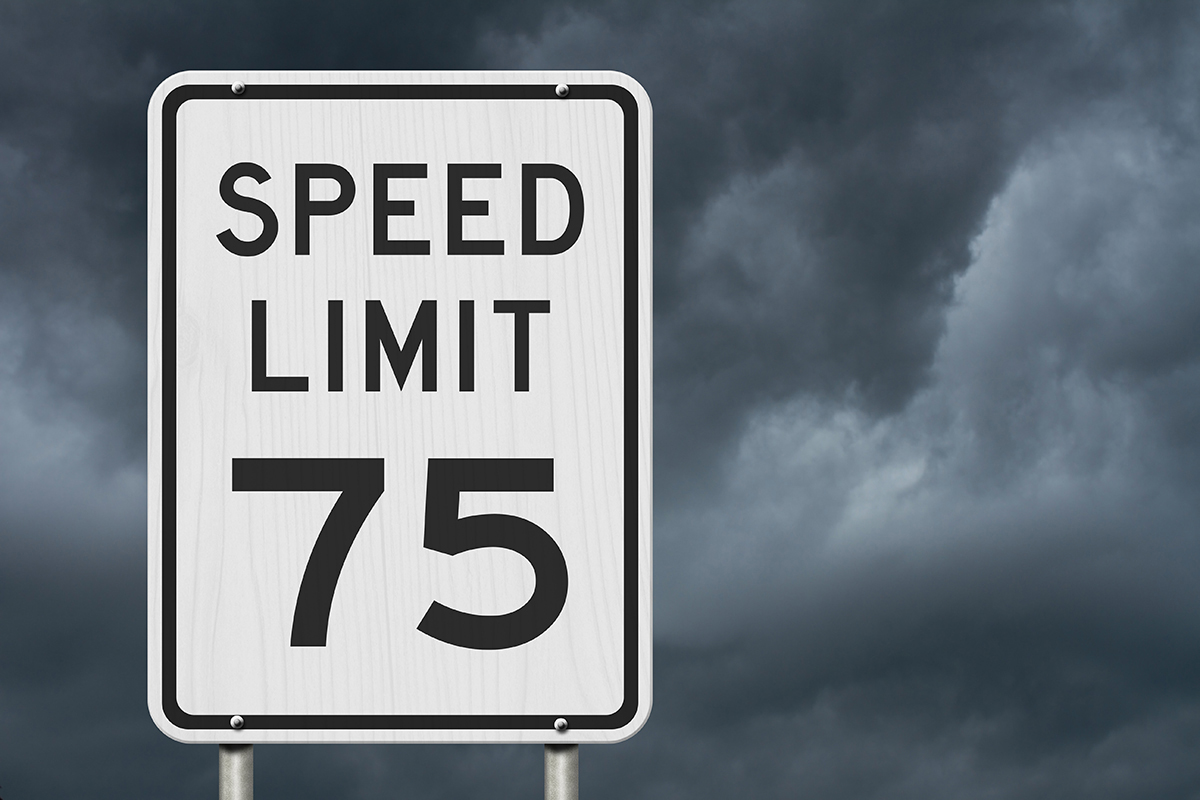
Minimum Speeding Laws
If you have a “lead foot” you probably don’t think about getting a ticket for driving too slow. Louisiana Vehicle Code § 32:64(B) makes it a moving violation to drive slow enough that you are preventing traffic from moving normally.
Slow driving is also established in Louisiana Vehicle Code § 32.71(B)(2) when you are traveling at less than 10 mph under the posted speed. This law requires slow vehicles to drive in the right-hand lane, on the edge of the road, or as close as possible to the right-hand curb.
Speeding Ticket Fines
In Louisiana, small towns, parishes, and villages strictly enforce their traffic laws to help bring revenue into their towns. With ticket fines beginning at $115, the income generated by paid ticket fines brings a lot of money into the municipality.
This is such a good means of raising funds that there were 25 towns and villages that in 2018 generated at least 50% of their total revenue from traffic fines. There are an additional 60 municipalities where traffic fines make up 30% of their revenue. The state has 304 incorporated villages, towns, and cities, and of those 194 generate more income from traffic fines than they receive in property taxes.
This is a general listing of speeding fines, it is possible that your fine may be higher or lower than what is shown below:
- 1-9 mph over – $115 or more
- 10-14 mph over – $215 or more
- 15-20 mph over – $240 or more
- 21 mph or more over – you must appear in court
The fine increases by $2 for each mile you drive over the speed limit. If you also receive a ticket for failing to wear a seatbelt, there is an additional $25 fine.
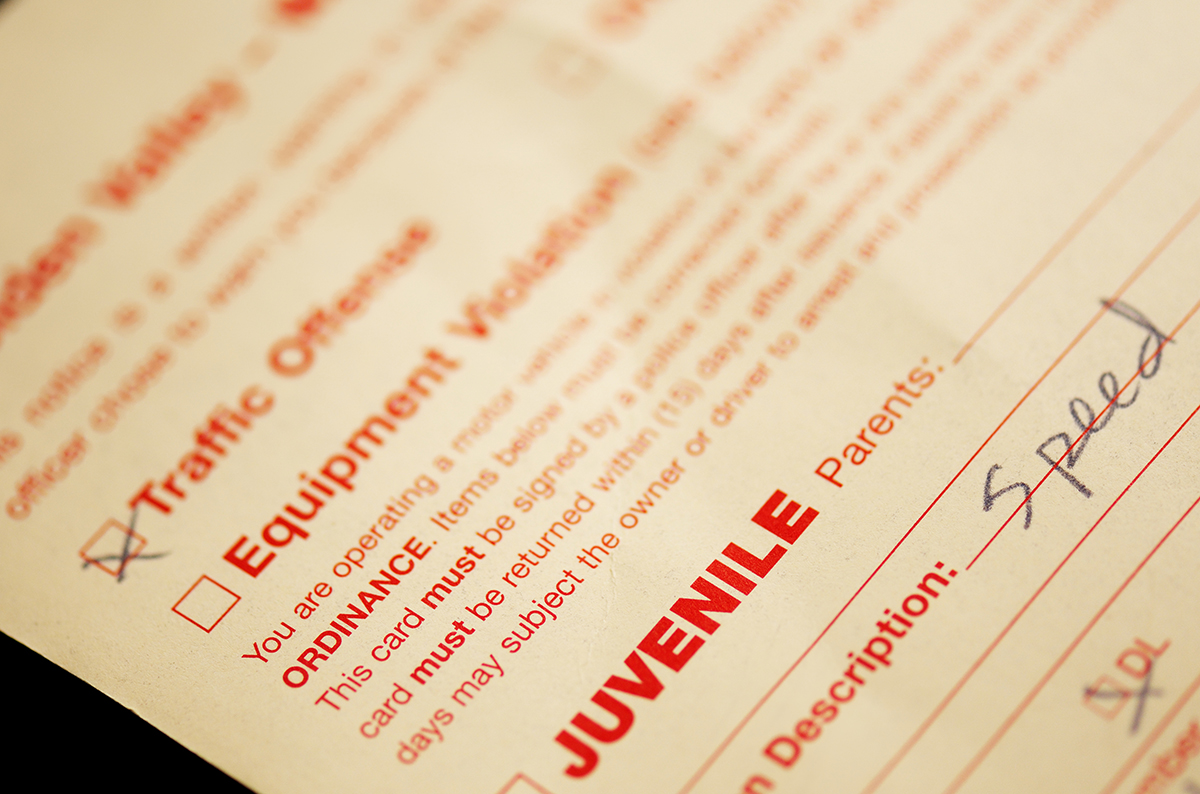
The Traffic Point System
Louisiana does not utilize a point system for driving offenses. Even without a point system, your driving record will impact your insurance rates and may affect your ability to maintain a driver’s license.
When you receive a driving violation in Louisiana the information is forwarded to the National Driver Registry. This includes information on traffic violations, suspensions, cancellations, and revocations.
Your driving record will be maintained by the Louisiana Office of Motor Vehicles for five years on driving violations and 10 years for DWI offenses.
Beyond the Fines-How Many Tickets Before Your License is Suspended?
While it is easy to pay a traffic fine and move on, you need to be aware that the consequences may reach beyond your ticket fine. Some things to consider before paying your Louisiana speeding ticket:
- Your insurance company will consider you a risk and raise your premiums
- Your driving record will be on file with the National Driver Registry
- Your driving record will be accessible by current or potential employers
- Your driver’s license may be suspended
In addition to the above, if you receive more than three traffic tickets within a 12-month period your driver’s license will be suspended. When this happens, you will not be able to drive until you meet specific requirements established by law.
What to Do With Your Ticket
The worst thing you can do is ignore your ticket. Tickets require a response within 15 days, and if you fail to act the court will enter a default against you. While you always have the option of paying the ticket by mail, that may not be in your best interest.
Paying the Fine by Mail
Most tickets have information on the back that says you can pay a “window fine” through the mail. If you pay the window fine you will be considered guilty and the ticket will appear on your driving record.
We recommend that prior to paying this fine you contact an attorney for a consultation. An attorney will work to obtain a reduction or dismissal of the ticket.
Written Declaration Trial
This is done in lieu of a court appearance. Your attorney will prepare your individual argument and file it with the court.
The judge will review the written testimony submitted by your attorney and the written report of the police officer. Using those two statements, the judge will decide whether you are guilty, not guilty, or can receive a reduced fine.
Court Appearance
You and your attorney will appear in court and present your case. Your attorney has the experience and legal knowledge to look at whether the stop was justified and consider any reasonable explanations for your driving over the limit.
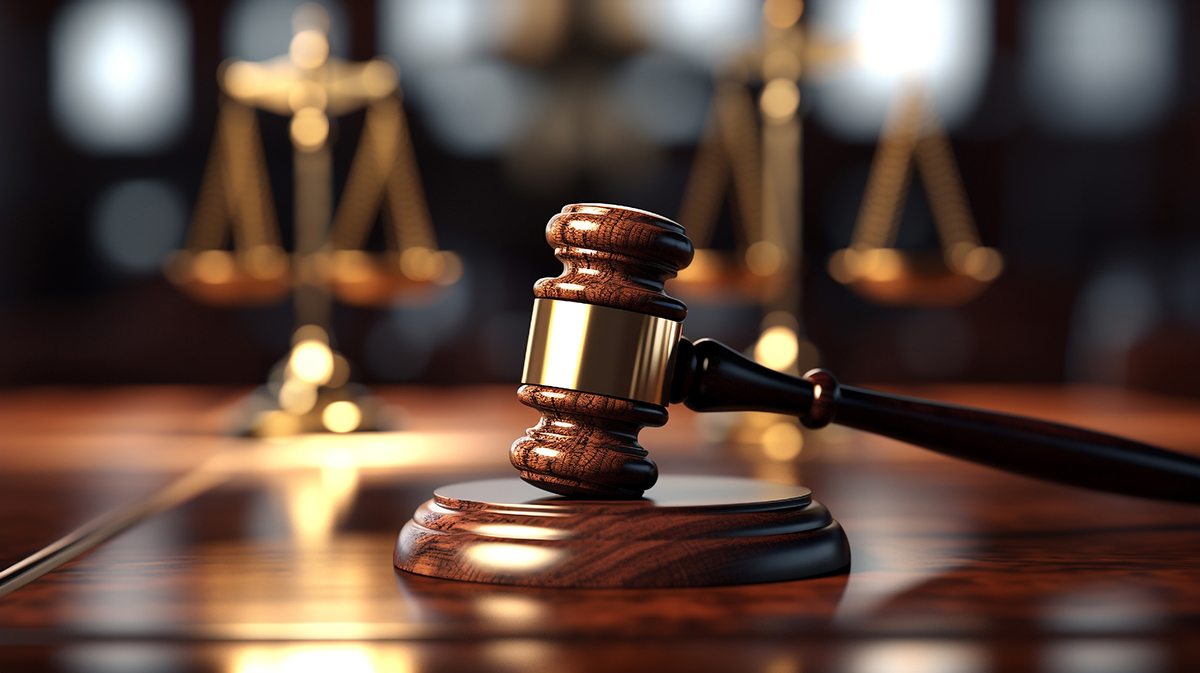
If You Are Stopped for Speeding
When you are stopped for speeding, do not argue with the officer. Be polite and keep your hands visible at all times. Here are some simple rules to follow:
- Provide the officer with identification, vehicle registration, and proof of insurance
- If you’re asked about a criminal record or prior driving offenses, answer the questions honestly
- If the officer does not inform you of the reason for the stop, ask and pay attention to their answer so you understand the officer’s reasons
- Do not argue with the officer about the speed they claim you were driving
- Do not volunteer any information that could be used against you in court, including knowledge of how fast you were driving
- Call (225) 327-1722 as soon as you can after the stop and speak to an attorney
Proper Ticket Resolution
When you receive a ticket, the penalties go beyond the initial speeding ticket fines. You want to keep your driving record clean, insurance costs down, and not risk a driver’s license suspension.
The LouisianaSpeedingTicket.com attorneys have handled tickets Louisiana speeding tickets for over 1,500 clients. If you receive a speeding ticket, contact us at (225) 327-1722 to schedule a free consultation.
